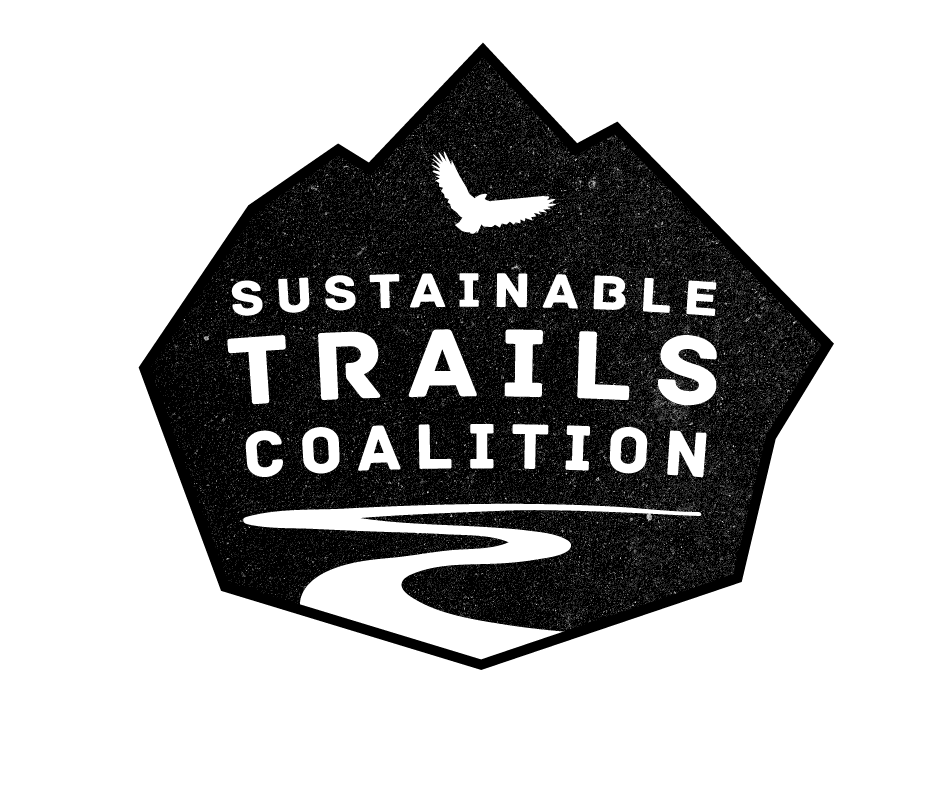Are you advocating for bicycles on every trail in every Wilderness area?
No. You won’t see us advocating for bicycles on trails like the John Muir Trail and many others. We think local land managers should be empowered to do what works for a trail based on various factors, including current usage, the resources available for trail maintenance, and the possibility of repairing a neglected trail.
If the bill is passed, will all trails in Wilderness areas be automatically open to bicycles?
No. The bill simply removes the blanket ban of bikes. There are no rules in the Wilderness Act that prohibit camping within 100 feet of a stream, but local land managers can ban camping near streams when they have determined it is detrimental to the environment. Similarly, hunting is banned in certain areas and in certain seasons, horses are prohibited on certain trails, and hiking is prohibited in certain temporary conditions. So if the house bill is passed, the regulation of biking would be treated the same as the regulation of other activities that are permitted under the Wilderness Act yet prohibited when the local land manager deems those activities inappropriate.
Can federal land managers require a permit to limit the number of cyclists?
As Mount Whitney hikers know, federal land managers currently require permits for some Wilderness trails. If it is in a trail’s best interest, a manager could also require permits to control bicycle traffic. (And no, we don’t envision mountain bikers being allowed to carry a bike to the top of Mount Whitney, or wanting to try.)
Does this bill do anything other than what it says?
No. The bill is very simply written to remove the blanket prohibition. It stops there. There are no hidden agendas, loopholes, or other possible negative repercussions from this bill. Please take the time to read the text and you can see that it is very simple. As we've pointed out above, land managers have discretion to ban any activity from any area they determine it is innapropriate. So land managers can still ban bikes.
But the bill says “and for other purposes.” ?
The “and for other purposes” language merely means that not all of the information about the bill can fit into the title. To know what is in the bill, just read the bill itself. These words are not part of the bill and do not create an open-ended law, and are commonly used when bills are introduced. “And for other purposes” is simply a way to shorten the title or description of what the bill does.
In summary, “It’s not a bait-and-switch".
Wilderness Is Only a Small Percentage of Public Land. Why Make a Fuss Over It?
One could ask the same question of the opponents of relaxing human-powered travel bans in Wilderness. The answer is that much Wilderness is beautiful, scenic, remote, challenging country, far from the noise and hubbub of civilization. We would like to visit it by bicycle for the same reasons our opponents don’t want us to do that—at its best, it’s iconic.
Denying mountain bikers access to Wilderness on the ground that it’s relatively little land overlooks that much, probably most, public land is vast, trackless terrain with little scenic appeal. Few mountain bikers desire to struggle over thousands of square miles of arid, treeless BLM land in Nevada, Arizona, and Wyoming with no trails and lots of sagebrush. Nor would hikers or equestrians want to do that.
Where does STC stand on EBikes?
STC seeks to restore Congress’s vision for Wilderness travel, not undermine it. In the Wilderness Act of 1964, Congress said visitors are not allowed to operate “motor vehicles” or “motorized equipment.” E-bikes fall into one or both of these categories, so STC would oppose any legislative effort to introduce them into Wilderness. (We don’t know of any such effort and think it’s unlikely one will be made.)
More information on STC’s position is available here.
Responses to 5 Arguments Against the Human Powered Travel in Wilderness Areas Act
Some of the content of this article is a bit dated, and relevant to the Senate bill, but this article was written by John Fisch on Singletracks.com, and we like it so much that we're just going to link to the article:
Still have questions?
Please send us an email at info@sustainabletrailscoalition.org.

